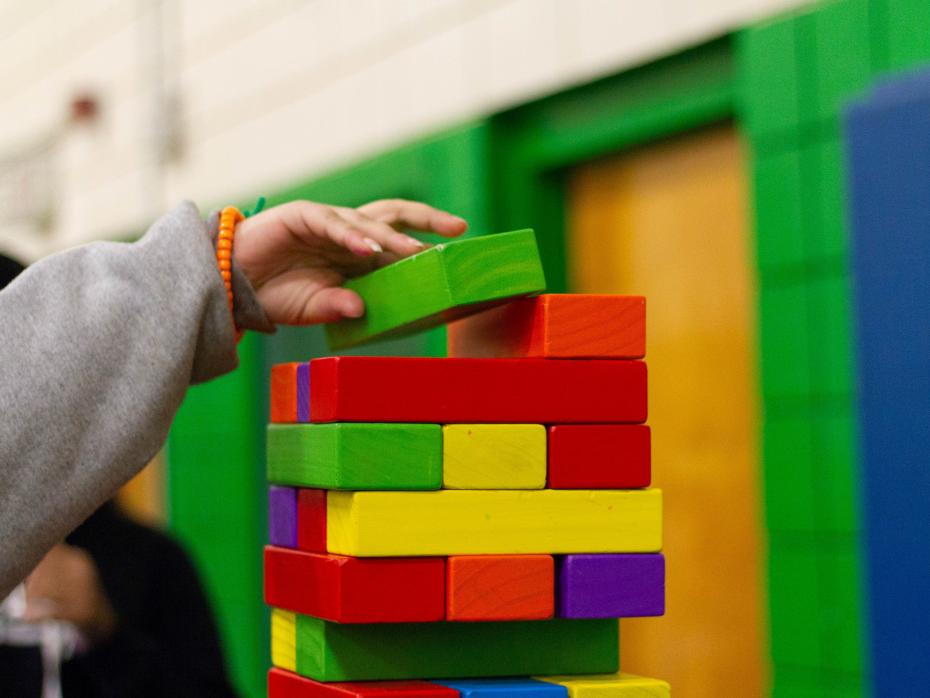No one paying attention needs reminding that universities are “in crisis”. We are beset by critiques of their complicity with neoliberal and extractive capitalism, dispossession of First Nations, top-heavy administrative regimes, and pedagogical shifts away from critical thinking toward so-called job-ready, marketable skill sets.
When we turn a critical eye toward the history of universities – especially in settler colonial nations such as Australia – we find an uglier truth: universities are not only in crisis; they are of the crisis. That is, universities have been key drivers in the shifts that critical academics, including ourselves, oppose.
Confronting this reality led us to look beyond universities’ institutional and ideological bounds for solutions to the problems plaguing them. What we discovered was complex and hopeful, with projects straddling the inside and outside of universities in creative and subversive ways. Here, we touch on some examples detailed in our book, Transforming Universities in the Midst of Global Crisis: A University for the Common Good.
- Resource collection: What innovation needs to thrive in higher education
- Accelerating towards net zero emissions: how to mobilise your university on climate action
- The sector’s role in addressing climate change is crucial – and varied
Decolonising higher education
A primary motivation for our research revolved around decolonising the university. Is it possible, we asked, for an institution that perpetuates settler colonialism in myriad ways to truly support Indigenous sovereignty? If so, how?
Enter the Dechinta Centre for Research and Learning, formerly the Dechinta Bush University, one of a growing number of Indigenous-led institutions. Located on Yellowknives’ Dene land in Canada, Dechinta focuses on the traditional pedagogies and bodies of knowledge of Northern Indigenous people.
The Centre uses learning as a way to reconnect people with the land and offers traditional skills such as harvesting medicinal plants and tanning animal hides alongside more conventionally academic training in reading, writing, discussions and presentations. These academic skills, however, are oriented toward issues identified by Northern Indigenous people as of concern to them, including land and self-determination, gender justice, and Indigenous storytelling. In doing so, Dechinta pushes back on centuries of colonial domination in education via the imposition of Western knowledge systems.
At the same time, Dechinta engages with the settler state in productive ways. It leverages funding from various state and private organisations, redirecting resources toward its students and programmes. It has partnered with the University of Alberta, the University of British Columbia and other tertiary institutions to offer formal accreditation to graduates. In this way, the centre can maintain Indigenous sovereignty over curricula and pedagogies while resourcing participants by diverting settler capital toward its operations. We see this as a hopeful model for how conventional universities can engage in decolonisation by supporting Indigenous intellectual sovereignty on its own terms.
Freeing learning and research from profit
Concerns over the streamlining of learning and research towards neoliberal capitalist agendas of employability and profit, eclipsing the place of civically engaged critical thinking, was a key driver of our research. These shifts often go hand in hand with the intensification of administrative power in ways that recast universities as business enterprises, rather than centres of scholarly pursuit. We are not alone in these concerns; there is a plethora of projects that push back on these dynamics in creative ways.
Many fall under the umbrella term “free universities”: projects of collective learning that are open to anyone, free to attend, gather in physical, offline spaces and take an egalitarian approach to education. Free universities orient classes toward explicit political engagement, such as by studying critical histories of settler colonialism, refugee rights, workers’ struggles or racial politics.
There is much to be learned from the alternative approaches to education and learning that free universities create. Many refuse grading and accreditation but develop curricula and pedagogies based on the premise that everyone has something to teach and to learn, therefore teacher and student roles can be fluid rather than fixed.
Free university “classes” and learning communities – which range from one-off gatherings to groups meeting regularly over years – tend to define learning outcomes in ways that revolve more around issues of social and ecological justice than the cash economy. In this way, free universities push back against modern universities’ orientations toward profit, as well as top-heavy administrative regimes.
While offering a utopian vision for learning, free universities often leverage resources from formal institutions in ways that are, we argue, full of potential. Many free university organisers are also employed by traditional universities, and therefore have a degree of access to institutional resources. This allows free universities to informally use university-owned classrooms and equipment for their operations, or to disseminate knowledge beyond the university by inviting staff, faculty and students to offer classes and discussions that are accessible to anyone, not only university affiliates. It might also include making books, articles and other materials available to the broader public that otherwise sit in university libraries or behind paywalls. This redirects resources from the formal institution toward underserved communities and movements that often have pressing needs for such support.
Ecological awareness and regeneration
A third focus of our research was on projects that orient learning toward principles of ecological awareness and regeneration, while upholding, when possible, First Nations’ sovereignty over lands and waters. We found many promising examples, including the Earth University in Costa Rica and Schumacher College in the UK, among others. Crucially, these projects embody ecological awareness in what they teach, as well as how they teach. Not only do students learn practical Earth-based skills that support biodiversity or growing organic food; they learn in ways that are attuned to seasonal shifts, for example by focusing more on intellectual development during the winter, and hands-in-the-ground work such as planting or harvesting during spring and autumn.
These projects, in their own ways, offer practical ideas for transforming universities from the outside in and the inside out. By looking beyond the formal institution, we can find new paths toward decolonisation, egalitarianism, critical thinking and ecological regeneration for tertiary education. We can find new ways to lend material support to communities and projects beyond traditional university walls. To remain on the current trajectory of global higher education is to reproduce agendas that are tailored to the very system that is leading us to the existential brink. Radically altering this trajectory is vital as we confront the interlocking crises before us.
Richard Hil is adjunct professor in the School of Health Sciences and Social Work at Griffith University and the Faculty of Business, Law and Arts at Southern Cross University; Kristen Lyons is professor of environment and development sociology at the University of Queensland; and Fern Thompsett is a PhD anthropology scholar at Columbia University. Together they co-authored the book Transforming Universities in the Midst of Global Crisis: A University for the Common Good, published in 2022 by Routledge.
If you found this interesting and want advice and insight from academics and university staff delivered direct to your inbox each week, sign up for the THE Campus newsletter.




comment